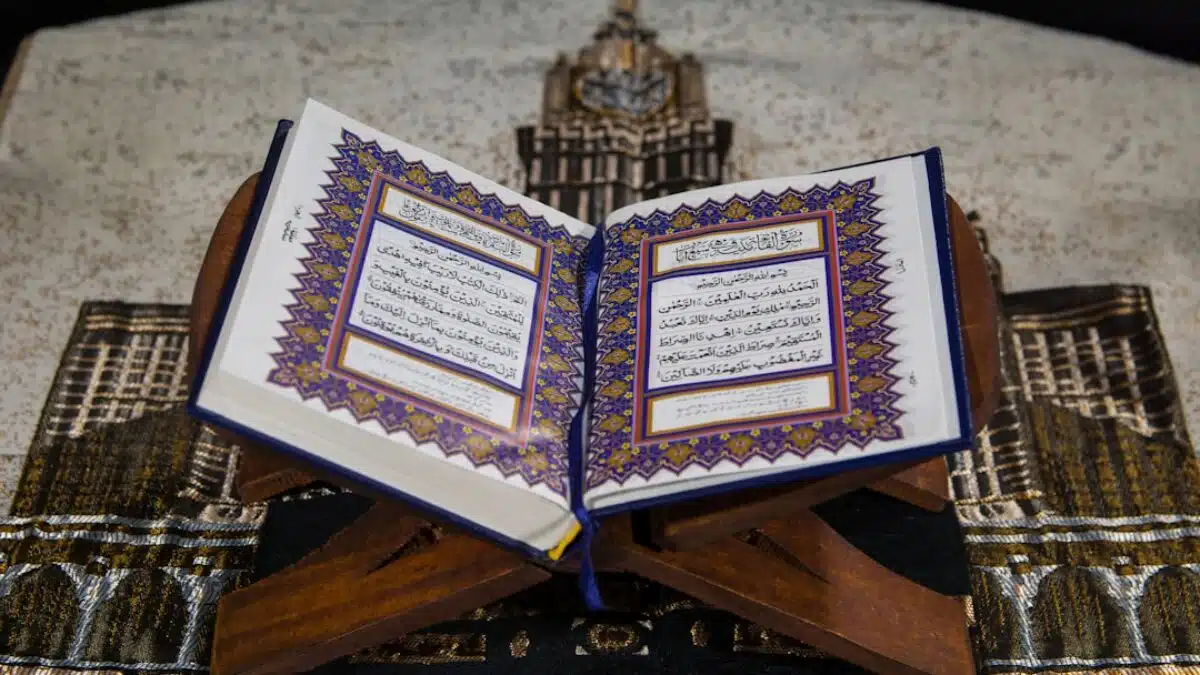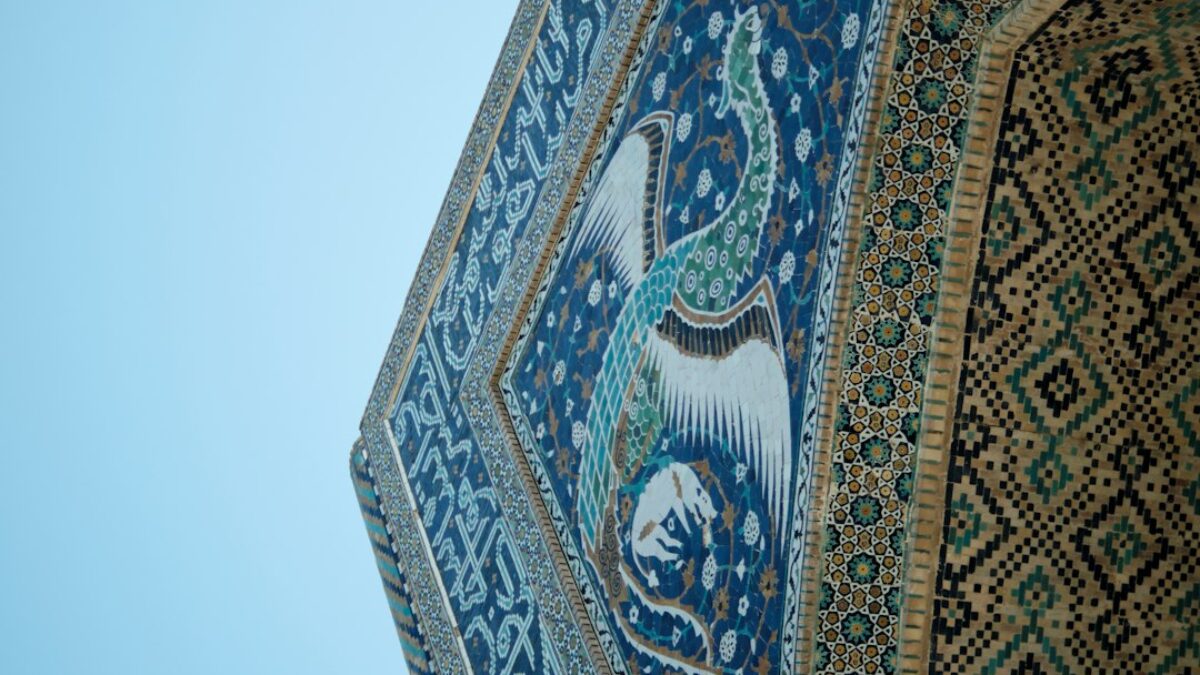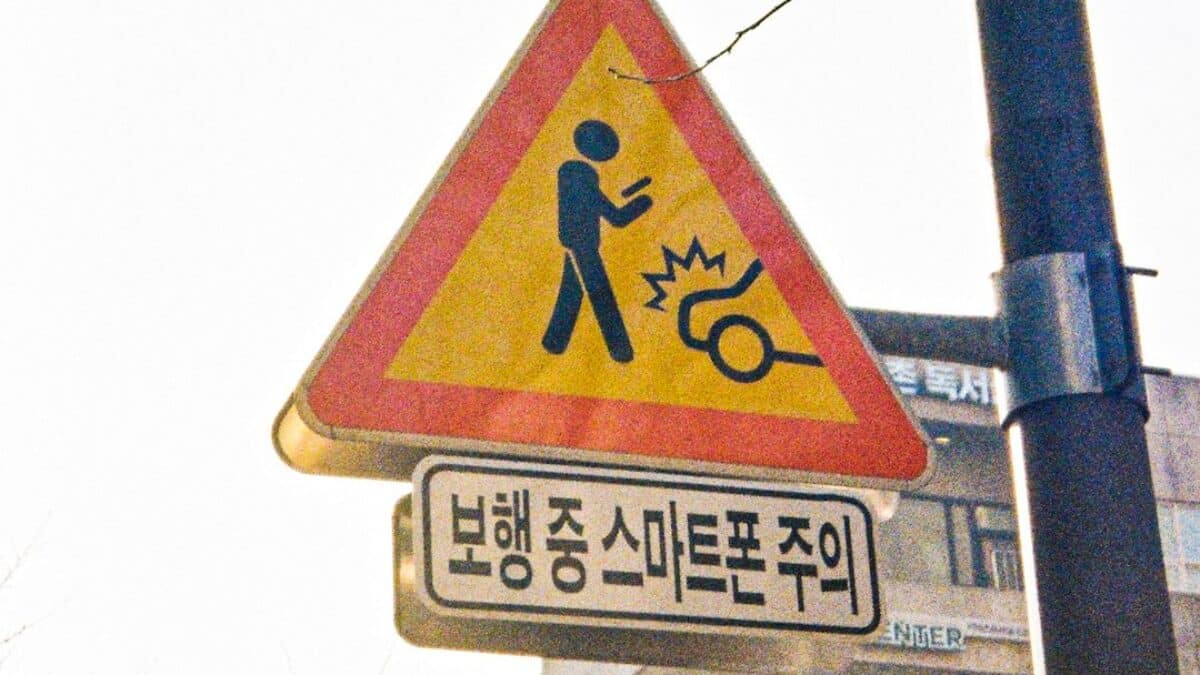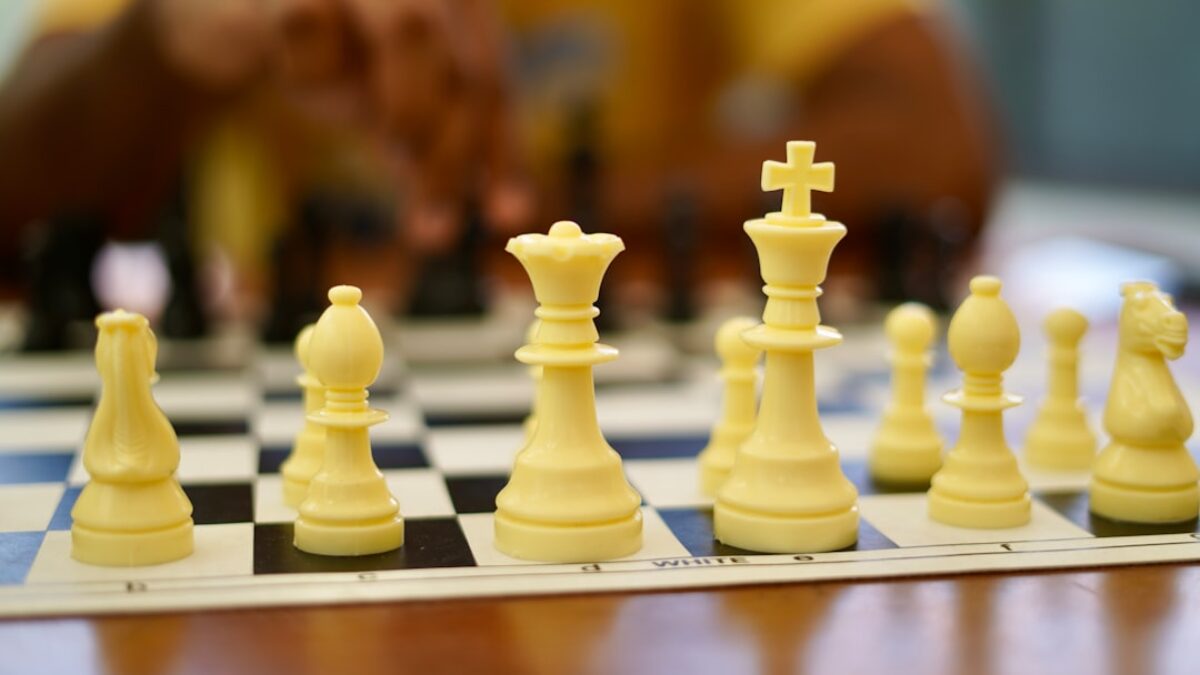Throughout the trials of life, Muslims turn to Allah in every moment of joy and distress. When earthquakes shake the earth, pandemics spread, or personal crises strike, the believer’s first refuge is duʿāʾ, the intimate conversation between the servant and the Most Merciful. This article explores the most powerful duas for protection from calamities—the same supplications taught by the Prophet Muhammad ﷺ and practiced by the righteous generations—so that every Muslim can walk through life wrapped in the armor of divine safeguarding.
Understanding Duas for Protection in Islam
The Linguistic & Spiritual Meaning of Duʿāʾ
In Arabic, duʿāʾ literally means “to call out” or “to summon.” Spiritually, it is the essence of worship, a bridge between the finite and the Infinite. Every dua is simultaneously a plea and a profession of faith; it declares that Allah alone can repel harm and bring benefit. Unlike ordinary requests, Islamic supplications are framed with adab (etiquette), ikhlāṣ (sincerity), and yaqī (certainty).
Qurʾanic Foundations of Seeking Protection
The Qurʾārepeatedly urges believers to seek refuge:
- Sūrah al-Aʿrāf 7:200: “And if an evil suggestion comes to you from Satan, then seek refuge in Allah.”
- Sūrah Ghāfir 40:60: “Call upon Me; I will respond to you.”
These verses anchor the practice of protection duas in divine command and promise.
Sunnah Methodology: How the Prophet ﷺ Sought Protection
The Messenger of Allah ﷺ was the most frequent in dua, yet the most precise in wording. He taught his companions concise phrases for every danger—morning and evening remembrances, travel supplications, and prayers against ʿadhāb al-qabr (punishment of the grave). His methodology rests on three pillars:
- Authentic wording: transmitted through rigorously verified hadith.
- Appropriate times: linked to specific moments or events.
- Heartfelt presence: presence of mind and humility.
Key Components of Powerful Duas for Protection from Calamities
Five Essential Elements of an Effective Protection Dua
| Element | Description | Qurʾanic Example |
|---|---|---|
| Praise (al-Ḥamd) | Begin with glorification of Allah’s names and attributes. | “Al-ḥamdu lillāhi Rabb al-ʿālamī” (1:1) |
| Salāh upon the Prophet ﷺ | Following the etiquette taught in Qurʾā33:56. | “Allāhumma ṣalli ʿalā Muḥammad…” |
| Specific Request | Clearly state the calamity you seek protection from. | “I seek refuge in You from the punishment of the grave.” |
| Qurʾanic Ayat | Incorporate verses known for their protective power. | Āyat al-Kursī (2:255) |
| Concluding Āmī | Seal the dua with āmī, expressing hope in acceptance. | “Rabbanā ātinā… āmī.” |
The Most Powerful Daily Protection Duas
1. Morning & Evening Adhkār
The Prophet ﷺ said: “Whoever recites the morning and evening supplications, nothing will harm him until evening—or morning—comes.” (Tirmidhī)
Three Quls (112–114): Recite after Fajr and Maghrib. Āyat al-Kursī: Once after every obligatory prayer. The Master of Seeking Forgiveness (Sayyid al-Istighfār):
Allāhumma anta rabbī lā ilāha illā ant, khalaqtanī wa-anā ʿabduka… (full text).
2. Dua for Protection from Every Harm (Dua al-Kalimah at-Tayyibah)
Arabic: Bismi Allāhi alladhī lā yaḍurru maʿa ismihi shay’un fi-l-arḍi wa-lā fi-s-samā’…
Benefit: The Prophet ﷺ said it safeguards from every evil when recited three times after dawn and dusk.
3. Dua of Nūḥ عليه السلام
Allāhumma inni aʿūdhu bika min al-hammi wa-l-ḥazani…
This seven-line dua covers grief, debt, and helplessness; Anas ibn Mālik reported that the Prophet ﷺ taught it to a distressed companion, and his worry vanished overnight.
Specialized Duas for Specific Calamities
Natural Disasters
When earthquakes or storms loom, the Prophet ﷺ would say:
Allāhumma inna naʿūdhu bika min zawāli niʿmatika…
He recited it even during a solar eclipse, linking cosmic events to divine protection.
Health Crises
- During Plagues & Pandemics: Recite La ilāha illā Allāh al-ʿaẓīm al-ḥalīm, lā ilāha illā Allāh rabb al-ʿarsh al-ʿaẓīm frequently.
- Personal Illness: Place the right hand on the afflicted area and recite the Ruqyah of Fātiḥah seven times, as practiced by the companions.
Financial Hardship
The Prophet ﷺ advised the debt-ridden companion to recite every morning and evening:
Allāhummak-fini bi-ḥalālika ʿan ḥarāmika, wa-aghnini bi-faḍlika ʿamman siwāk.
Benefits and Importance
Spiritual Benefits
- Taqwá (God-consciousness): Regular dua nurtures perpetual awareness that Allah is nearer than the jugular vein.
- Spiritual Armor: Angels surround the tongue that remembers Allah, repelling Shayṭā’s whispers.
- Barakah in Time: Morning and evening adhkār sanctify the entire day.
Psychological & Social Benefits
- Stress Reduction: Clinical studies show that repetitive dhikr lowers cortisol levels, echoing the Qurʾā’s promise: “Unquestionably, by the remembrance of Allah hearts find rest.” (13:28)
- Community Resilience: Collective recitation in mosques or family gatherings fosters mutual support during crises.
- Positive Identity Formation: Children who memorize protection duas early develop an innate sense of safety rooted in tawakkul (trust in Allah).
Hereafter Advantages
Abu Hurayrah narrated: “Whoever recites the two verses of the last part of Sūrah al-Baqarah in a night, they will suffice him.” (Bukhārī) The reward extends beyond worldly protection to intercession on the Day of Judgment.
Practical Applications
Creating a Daily Protection Routine
Follow the Sunnah timetable for maximum efficacy:
- Pre-dawn (Tahajjud): Recite Āyat al-Kursī and the last three verses of Sūrah al-Hashr.
- After Fajr: Read the morning adhkār (detailed booklet available at Sunnah.com).
- Before Sleep: Recite the evening adhkār, blow lightly into cupped palms, and wipe over the body three times.
Teaching Children Protection Duas
Interactive Methods
- Bedtime Routine: Turn the last three Quls into a soothing lullaby.
- Reward Charts: Place stickers for every dua memorized; celebrate milestones with a family halal treat.
- Storytelling Narrate how Prophet Ayyūb عليه السلام recited “innī massaniya al-ḍurru wa-anta arḥam al-rāḥimī” during his affliction.
Group Practices for Families & Communities
Weekly Dua Circle: After Maghrib, gather to recite:
Surah al-Ikhlāṣ 100 times for household protection. Salāt al-Hājah for urgent needs. Collective dua for global calamities (e.g., floods, wars).
Document answered prayers in a “Miracle Journal” to strengthen communal faith.
Digital Tools & Resources
- Apps: “Hisn al-Muslim” offers audio recitations and push-notification reminders.
- Printables: Downloadable A4 posters of morning/evening adhkār for fridge doors.
- Podcasts: “Taqwa Boost” episodes explaining the deeper meanings of protection duas.
Frequently Asked Questions
What is the best time to recite protection duas?
The optimal windows are the sunnah-designated moments: between dawn and sunrise, between ʿAṣr and Maghrib, and the last third of the night when Allah descends to the lowest heaven. However, every moment is valid; the Prophet ﷺ said: “The dua of the night and the day are not rejected.” (Tirmidhī)
Can women recite protection duas during menstruation?
Yes. While ritual prayer (ṣalāh) is suspended, dhikr and dua are unrestricted. Women may recite from memory, use a phone app, or read transliterations without touching the muṣḥaf.
Should I make dua in Arabic only, or can I use my native language?
Arabic is preferred for the prophetic duas because their letters carry barakah (spiritual efficacy). Yet, personal pleas in any language are permissible; the Prophet ﷺ said: “Ask Allah
























Post Comment